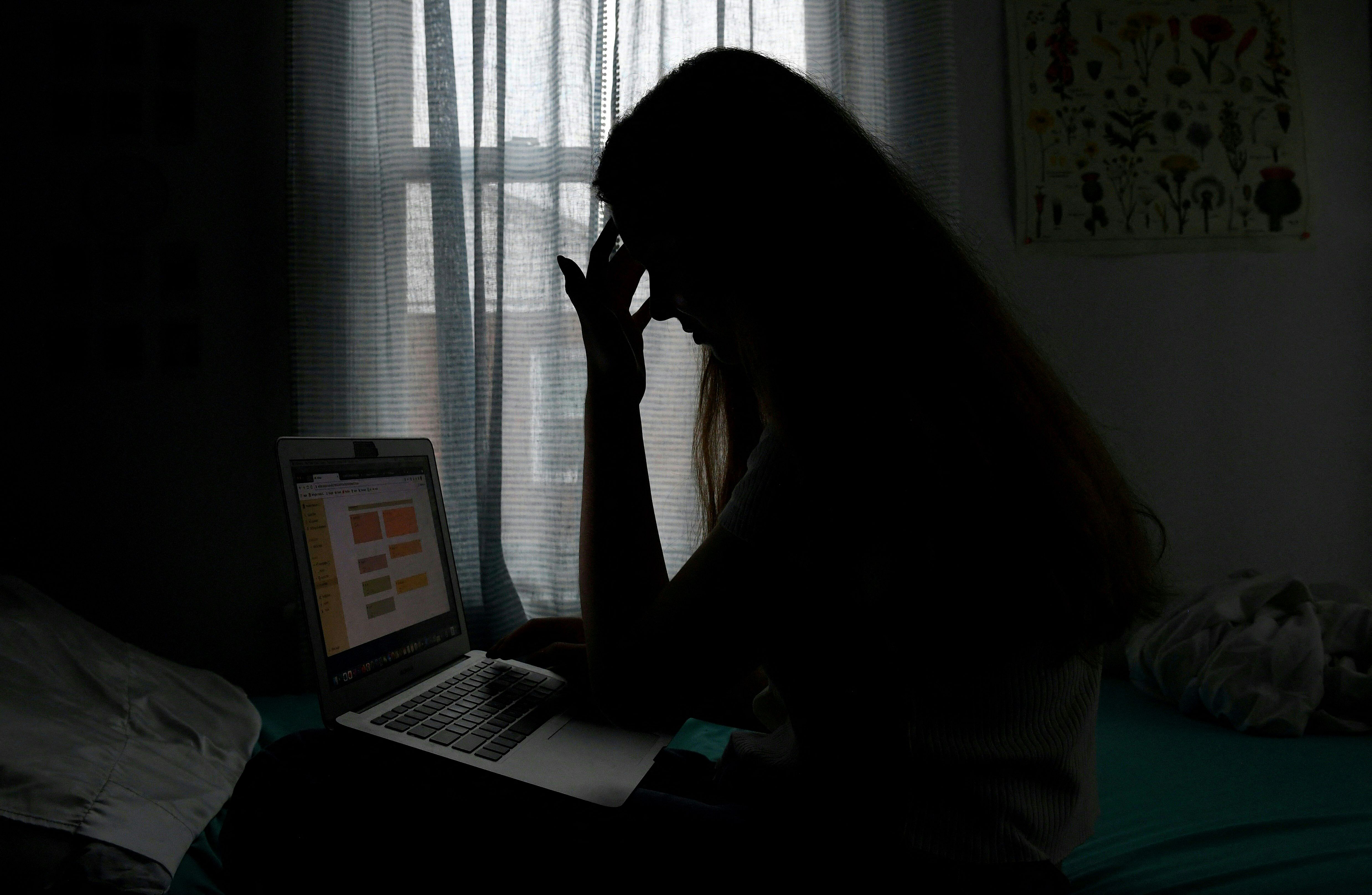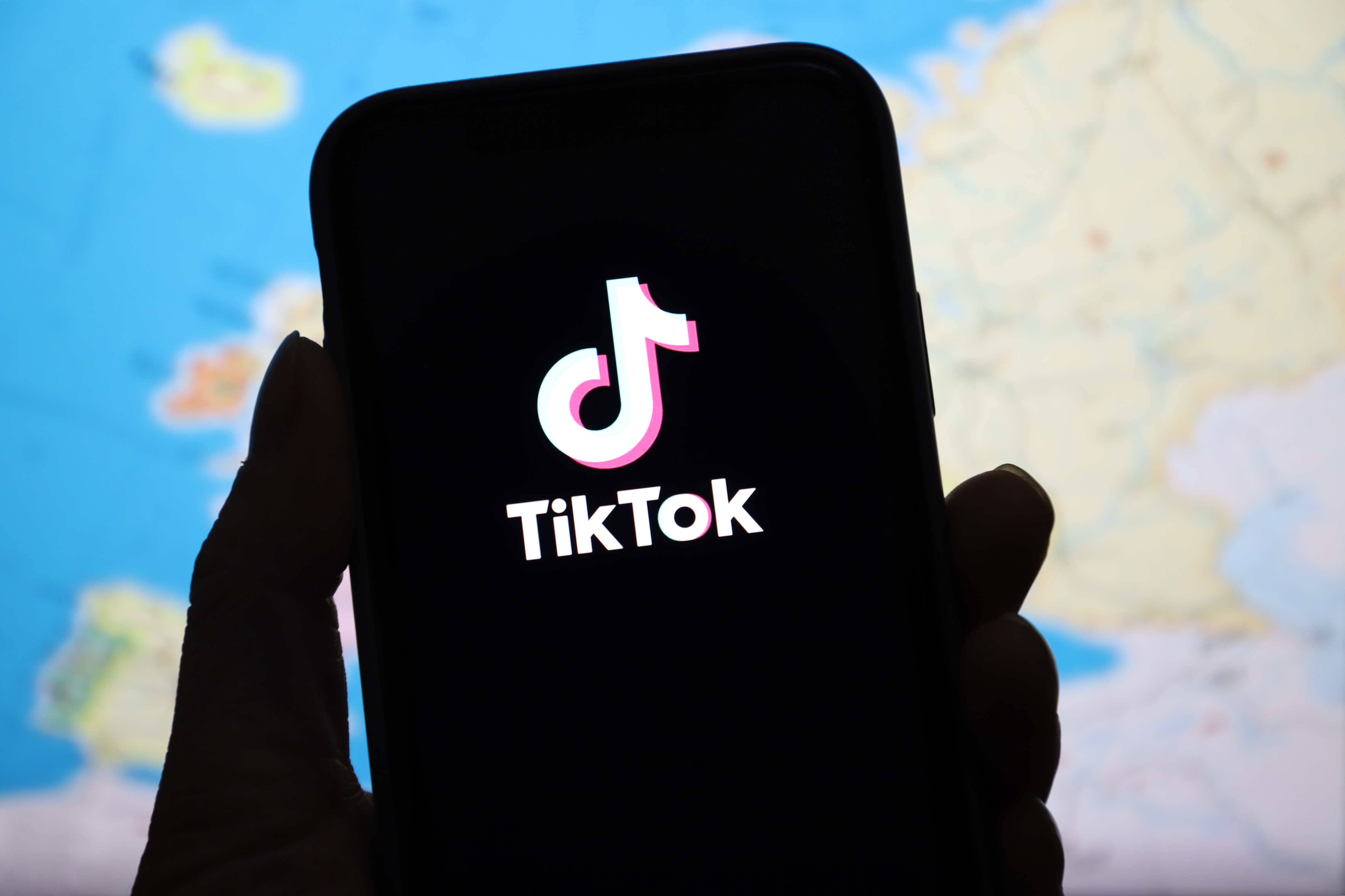New research shows sites like TikTok may have a negative impact on children's mental health. The algorithm is designed to keep users engaged longer, and studies show the more kids and teens spend on social media, the more likely they’ll be depressed.
Psychiatrist Dr. Asha Patton-Smith of Kaiser Permanente offered guidance for parents.
How Much Screen Time Should Kids Get Per Day?
Children 6 and older should be limited to two hours of screen time maximum, Patton-Smith said.
Get top local stories in Southern California delivered to you every morning. >Sign up for NBC LA's News Headlines newsletter.
Ages 2-5 should be limited to one hour or less.
And children 2 and younger should not get any screen time.
“And this is from the American Academy of Pediatrics,” Patton-Smith said.
How Can Parents Reduce Children’s Screen Time Habits?
“Parents and caregivers, what I always tell them is that you can show them better than you can tell them,” Patton-Smith said.
She said the first thing parents should do is reduce their own screen time.
“Obviously, the older the kid, the more challenging it is in this process, but setting limits and having times when screens need to be off – dinner time, family time outside, certain times on weekends, time during study,” she said.
How Is Social Media Harmful?
A 2019 study in The Journal of the American Medical Association looked at different types of social media and screens and found the amount of time on screens can be detrimental, Patton-Smith said.
“However, social media is what seems to be the biggest culprit with regard to challenges increasing depression and anxiety,” she said.
By reinforcing the algorithm, users can get sucked in and continue to stay.
“So, if you’re searching something and other things come up that are very similar, you look up and you’ve been on for hours and it seems like it’s only been a few minutes,” Patton-Smith said.
Another thing that is particularly difficult with teenagers are “upward social comparisons,” she said.
“So, comparing social experiences that you’re seeing in social media as more favorable than your experience,” she said.
Body image is one. What activities people are doing is another.
“I hear a lot of teens say, ‘Everybody’s having a lot of fun but me,’” Patton-Smith said. “How do you know? Is it because of social media? Because that’s not always accurate.”



